Digital Humanities Summer Fellowships
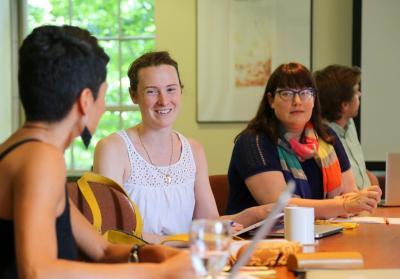
The Simpson Center offers annual summer fellowships for faculty and graduate students to pursue research projects that use digital technologies in innovative and intensive ways and/or explore the historical, social, aesthetic, and cross-cultural implications of digital cultures. The program has three primary goals:
- To animate knowledge—using rich media, dynamic databases, and visualization tools
- To circulate knowledge—among diverse publics
- To understand digital culture—historically, theoretically, aesthetically, and generatively
The Simpson Center gratefully acknowledges the support of a National Endowment for the Humanities Challenge Grant and the Andrew W. Mellon Foundation as well as many donors to the endowment which is underwriting these fellowships.
2025 - 2026 Digital Humanities Summer Fellows

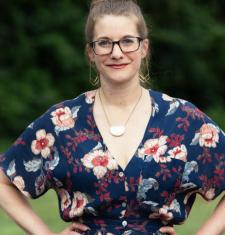
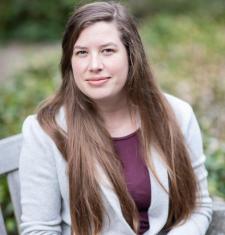
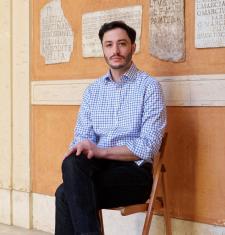
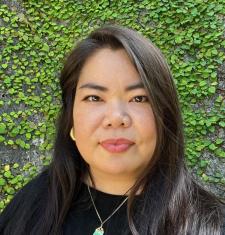
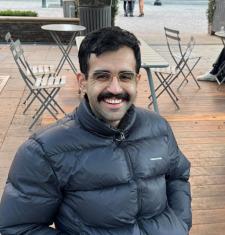

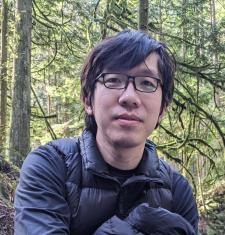
2022 - 2023 Digital Humanities Summer Fellow

Sarah Choi (she/her/hers)
Playing with Past, Present, Future: How Eye Filmmuseum’s Orphan “Bits & Pieces” Can Reinvigorate Cinema and Media Studies
Increased access to orphan-film repositories such as Eye Filmmuseum’s Bits and Pieces allows both artists and scholars to find new meanings in and through these forgotten visual records of the past. Engaging with such archival materials to create found-footage films is not only theoretically stimulating with questions of cinematic ontology, but also pedagogically valuable as they challenge what film historian Katherine Groo calls, “the stasis of film history.” This project is interested in how these once-neglected films can be woven into the spatiotemporal fabrics of today, imagining new possibilities of teaching orphan and found-footage films at the undergraduate level.